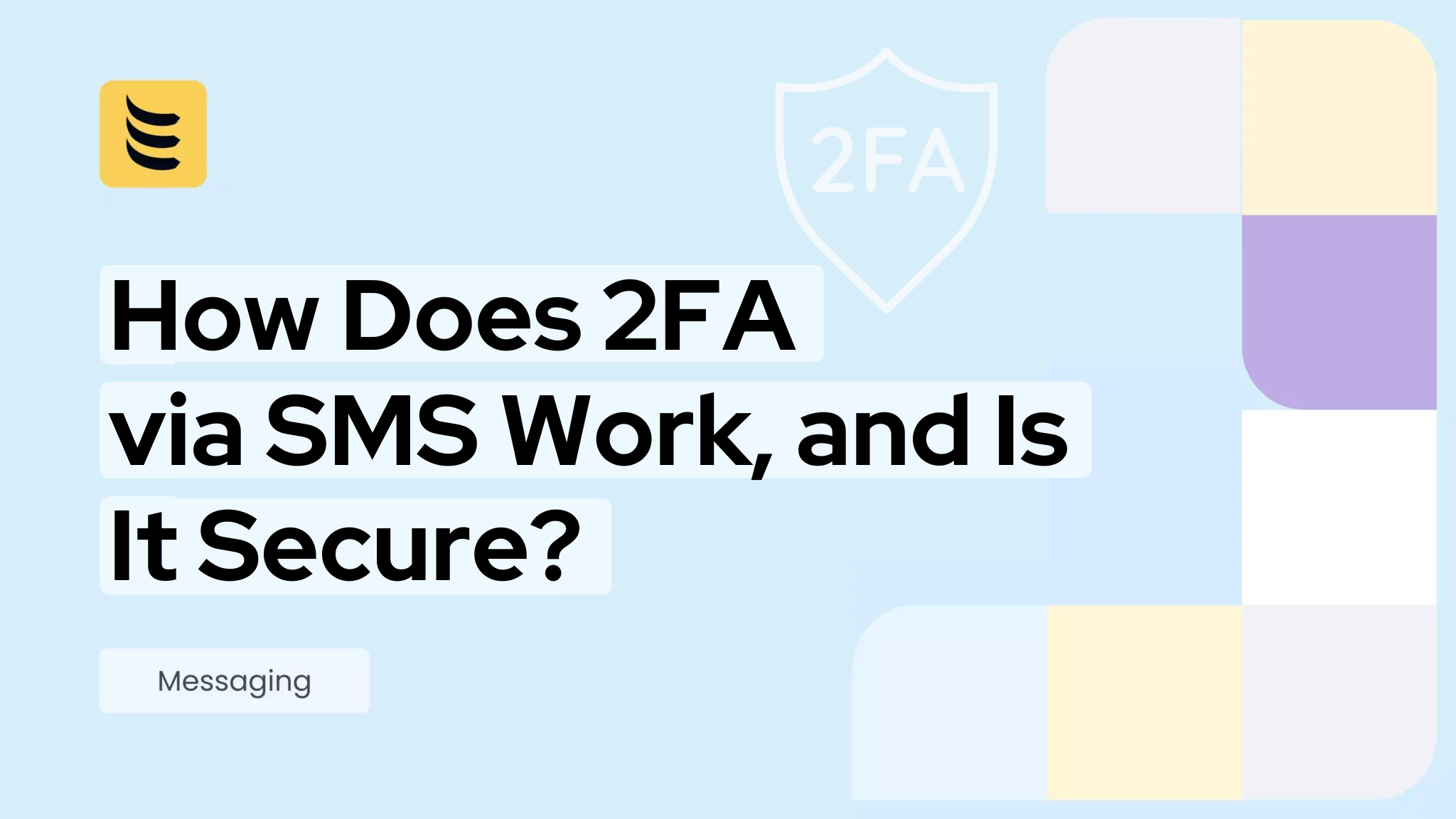International VoIP Wholesale providers offer white routes, termination/origination services, and network management to carriers and providers (at competitive rates). They also offer support to VoIP resellers such as wireless networks, call back services, calling card companies, and call shops.
International VoIP wholesale provider – services
Wholesale VoIP providers typically offer some or all of the following services:
- Origination
- Termination
- Collocation
- Line provisioning
- Network management
- Billing services
- Fax support
So what do these terms actually mean?
1. Origination: this is the first point in the life of a VoIP call, wherein the SIP handoff between technologies occurs. Although some companies may now have their own P PBX systems where the VoIP call originates at the actual handset, most VoIP calls still originate at the publicly switched telephone network (PSTN). The call comes to the provider first, and is then routed to its destination (recipient). A phone number is required to receive origination services.
2. Termination: this is the act of delivering the outbound calls to the numbers dialled and is the last point of presence (POP) on the network. You don’t necessarily need to have a phone number to terminate calls. Most wholesale VoIP providers will have multiple termination points in many countries.
3. Collocation: this is similar to a timeshare but for the ICT infrastructure required for VoIP. Many VoIP providers effectively rent space and equipment (in the form of bandwidth and servers) to smaller companies. They also maintain this infrastructure. Colocation may not be required if your company is large enough/has sufficient resources to manage your own servers and bandwidth. If you do need it, it is important to ensure that you are getting the best deal in terms of rental cost and maintenance package.
4. Line provisioning: this is set up, initiation and distribution of a unique phone number using the ISDN. It involves integrating services, controlling networks, deciding which features are needed, and then configuring the systems (in terms of ports, switches, gateways etc.) Some wholesale VoIP providers offer fast-track provisioning, while others can take longer (weeks in some cases).
5. Network management: experienced wholesale VoIP providers should be able to offer you services such as voice quality monitoring, monitoring of signal consistency and uptime, traffic prioritisation, and re-routing due to changes in rate tables. Some may also offer monitoring of servers, data, switches, and more.
6. Billing services: this can vary widely depending on the carrier. You should be able to get what you need from your provider but be aware that some will offer more detailed billing solutions/options than others.
7. Fax support: if you require this, you should make sure that T.38 termination services using dedicated gateways and TDM are included in your package. These measures all help to reduce (if not eliminate) latency, jitter, and packet loss. This support is also known as Fax over IP (FoIP).
There are dozens of wholesale VoIP providers available, including long-established providers such as IDT.




